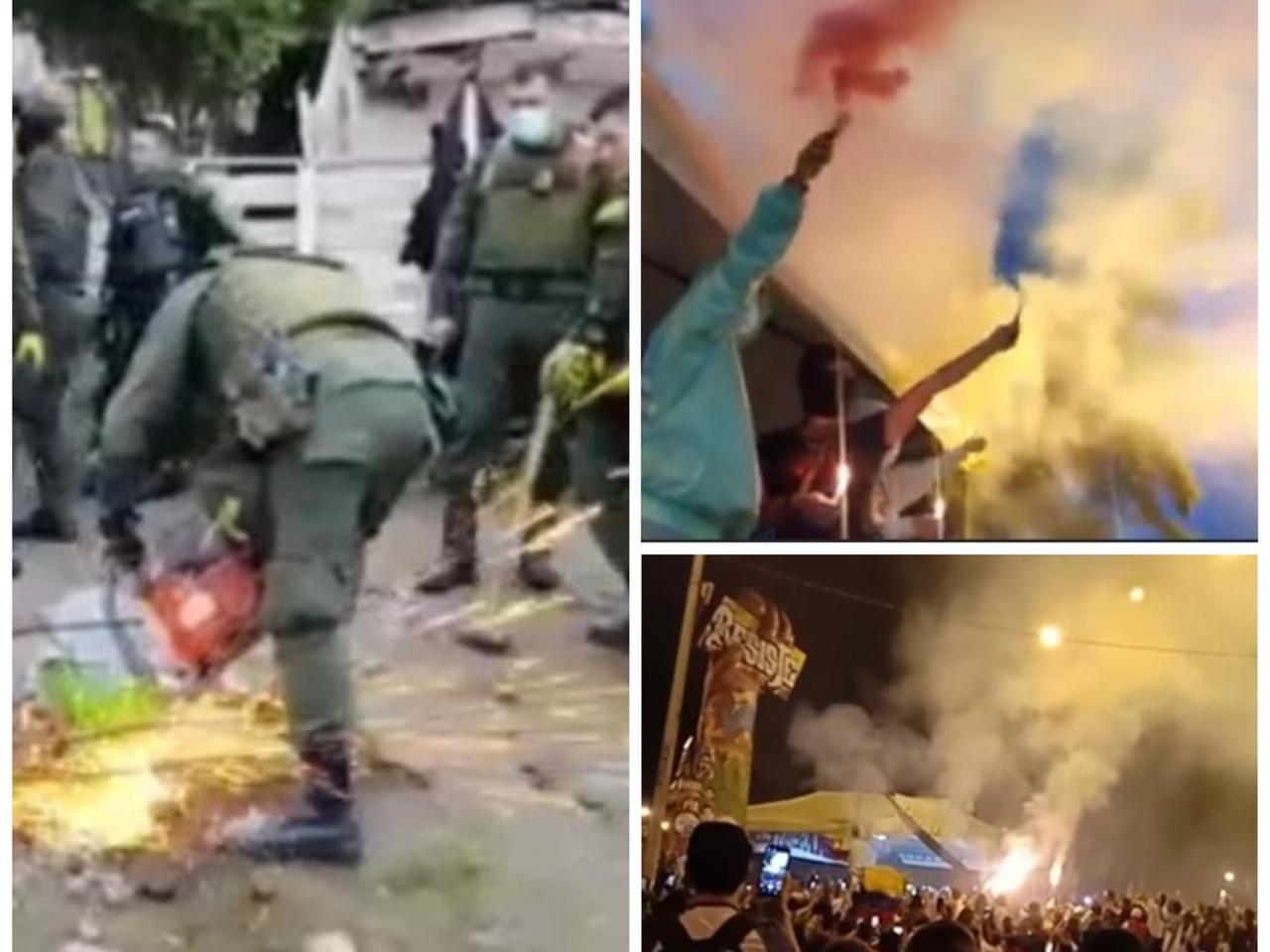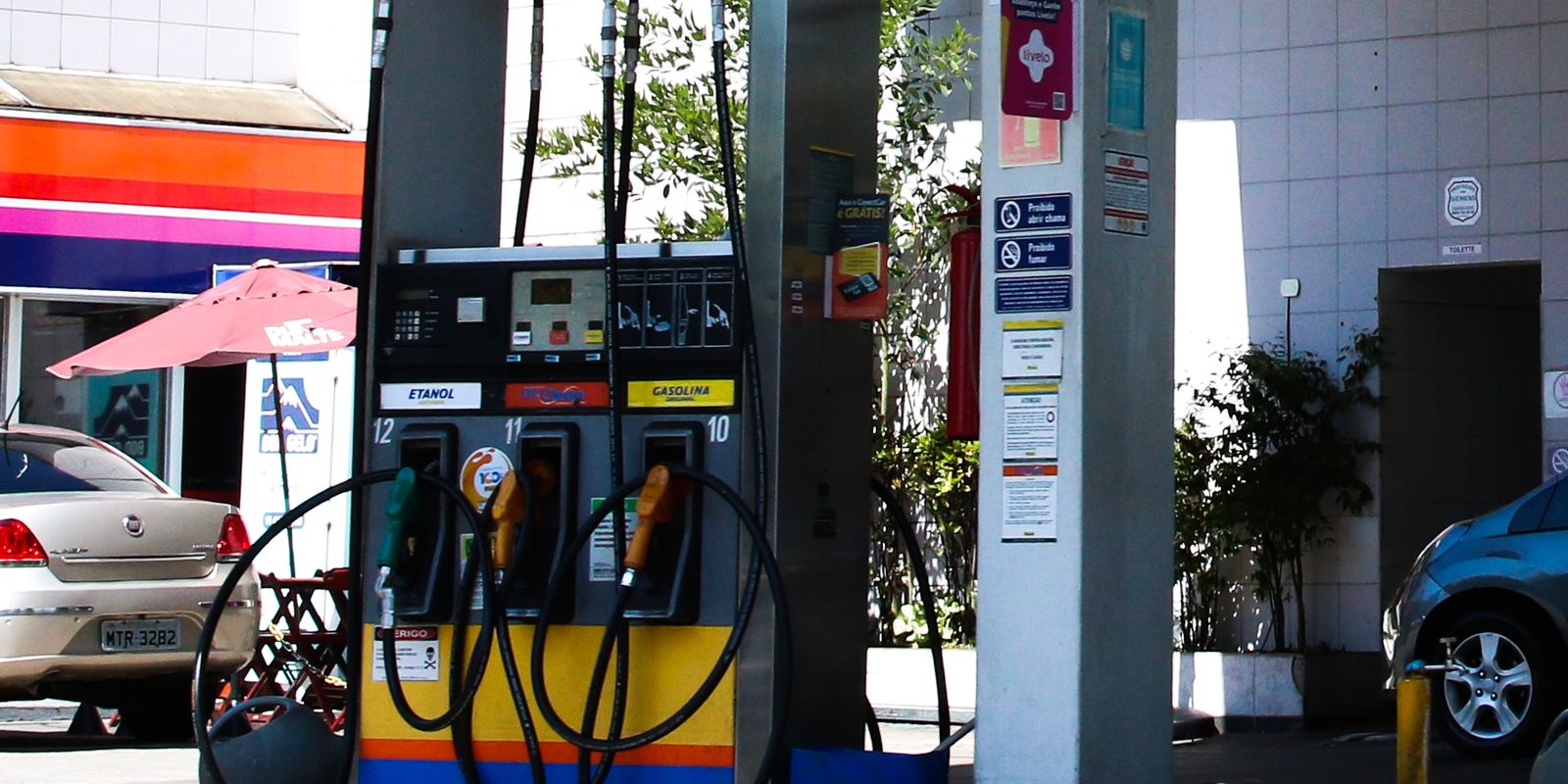The Security Law is received in Colombia with applause for the national government and harsh criticism, in addition to the announcement of lawsuits “as unconstitutional.”
Colombia News.
This Tuesday the Citizen Security Law was sanctioned, which was approved last year despite the controversies and questions to the national government, since it arose amid the tension of the national strike and the protests in several cities of the country.
The ministries of Justice, Right, Inside Y Defense promoted this law in Congress.
Beyond the debate on social issues, for its construction they took into account the CCriminal Code, the Code of Criminal Procedure, the Security and Citizen Coexistence (of Police) and the Domain Forfeiture Code.
what it establishes
Whoever murders a member of the Public Force, a human rights defender, a minor or a journalist may receive the highest penalty contemplated by Colombian law for this crime: up to 58.3 years in prison.
This is perhaps one of the most important points in the sense of the so-called search for justice.
The essence, however, is to combat crime in the country.
According to the Minister of the Interior, Daniel Palacios, “this initiative thinks of ordinary citizens”, among those most affected by theft, for example.
- The recurrence. The The penalty will be more serious for those who have been convicted of intentional crimes in the last 5 years.
In this case, this type of crime starts from being “a punishable act that is committed with the intention of causing harm to a person” or else.
The “little jewel” that was docking buses in Palmira
Thieves caught 45 times and they always went free
More than 45% of those captured in the country have criminal records and a high percentage for the same crime.
- With the Security Law, it will be a crime to carry a knife in a massive event.
- The penalties for those who attempt against the infrastructure for citizen security and the administration of justice are aggravated.
This has been one of the most debated and controversial points, because it refers to the protests and the public order problems that they generate.
They denounce that this “removes guarantees from social protest.” Others question whether “justice by one’s own hand” is allowed.
- It sets the Privileged Self Defense.
In this sense, “it is when the victim defends herself against someone who illegally breaks into her room or vehicle.”
Apply for a commercial establishment that is not open to the public.
- Whoever commits a crime with the use of a firearm, knife or less lethal element will be considered a danger to society and, consequently, will be subject to an intramural security measure.
- Members of the Public Force may use the mass transportation system when they are on active duty.
- The amount of the fines for violation of the Code of Citizen Security and Coexistence is reduced.
Among other decisions: “Whoever steals a property of more than four million pesos will have a non-release sentence.”
- Public-Private Partnerships (PPPs) may be carried out for the construction and equipping of the country’s prisons.
It includes, that they can even hire private security.
These are the basic details of the law, which should be published this Tuesday so that all the details of the tool are known.
22 of the 68 articles went to conciliation in the middle of the debate.
Today President Duque sanctioned one of the most arbitrary regulations of his nefarious government: the so-called “security law” that encourages justice by their own hands, actions by armed civilians, and persecution of social protest. Of course, we will sue it for unconstitutional
– Iván Cepeda Castro (@IvanCepedaCast) January 26, 2022
Excellent 58 years in prison for whoever murders a police officer who brings the new Citizen Security Law
– Enrique Peñalosa (@EnriquePenalosa) January 26, 2022
As co-author and speaker coordinator, I celebrate the sanction of the Citizen Security Law.
We are fulfilling the citizens who demanded to return to the streets calm and safe. pic.twitter.com/n9YaisvJZg
– Juan Manuel Daza (@juanmadaza) January 26, 2022
“The last straw”, in Polombia there are laws even to legally commit a crime.
– Carlos Echeverri Ramírez (@catulo17) January 26, 2022
Also read:








